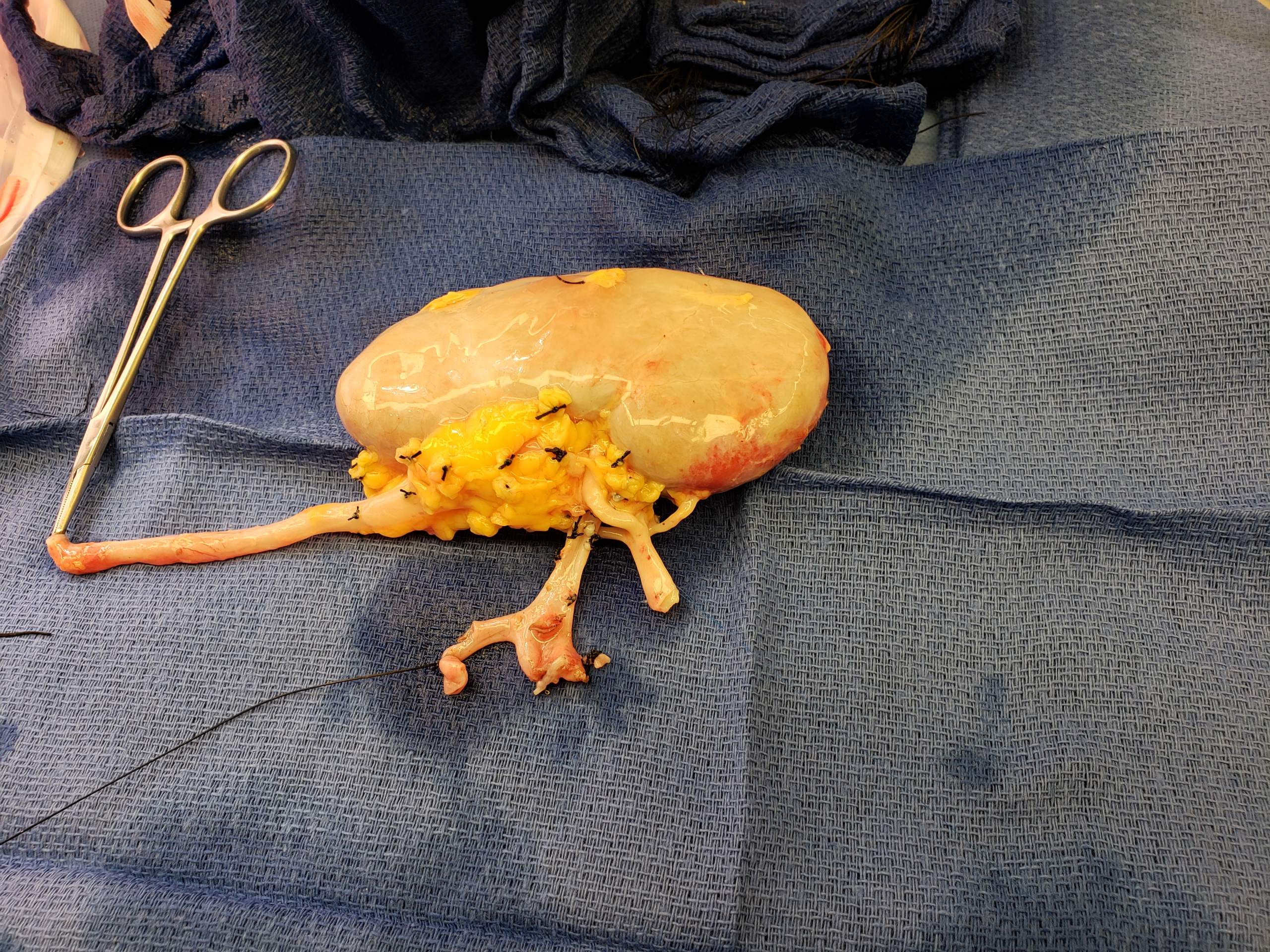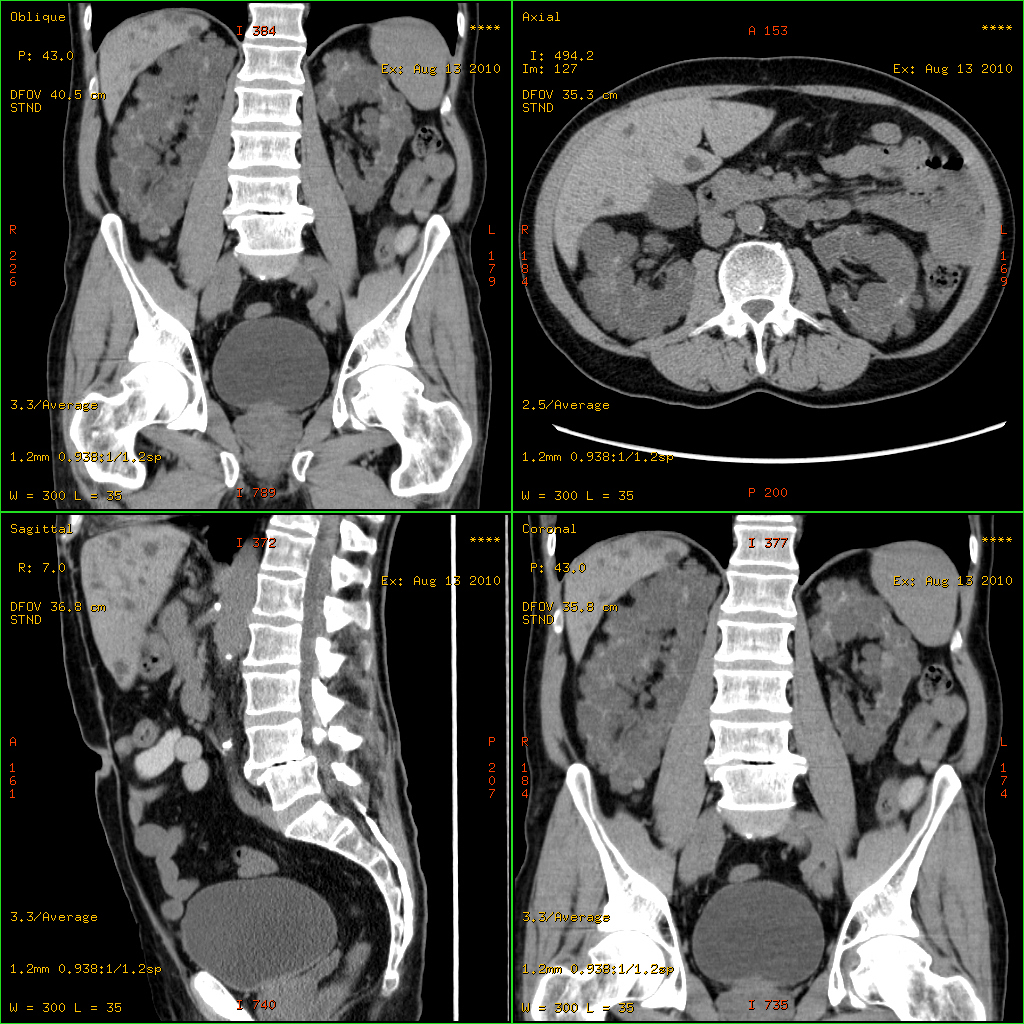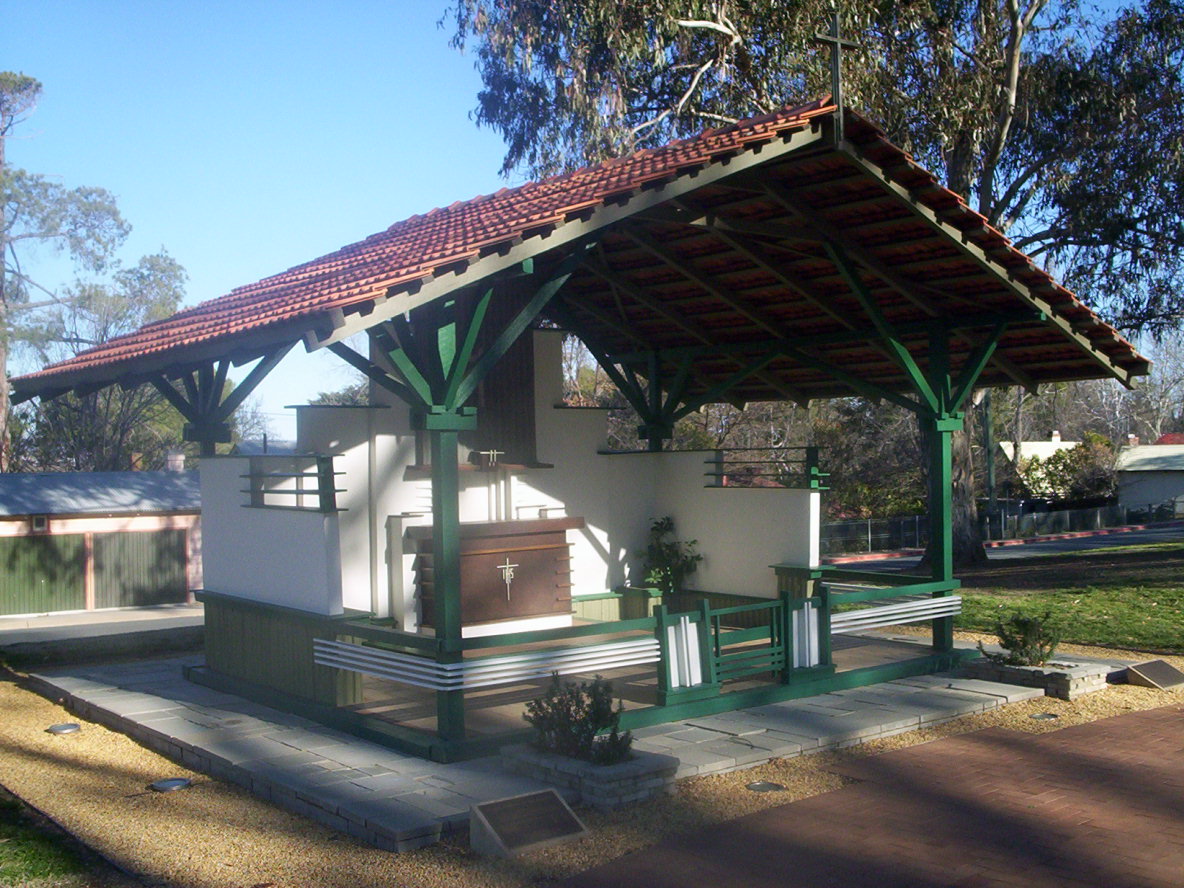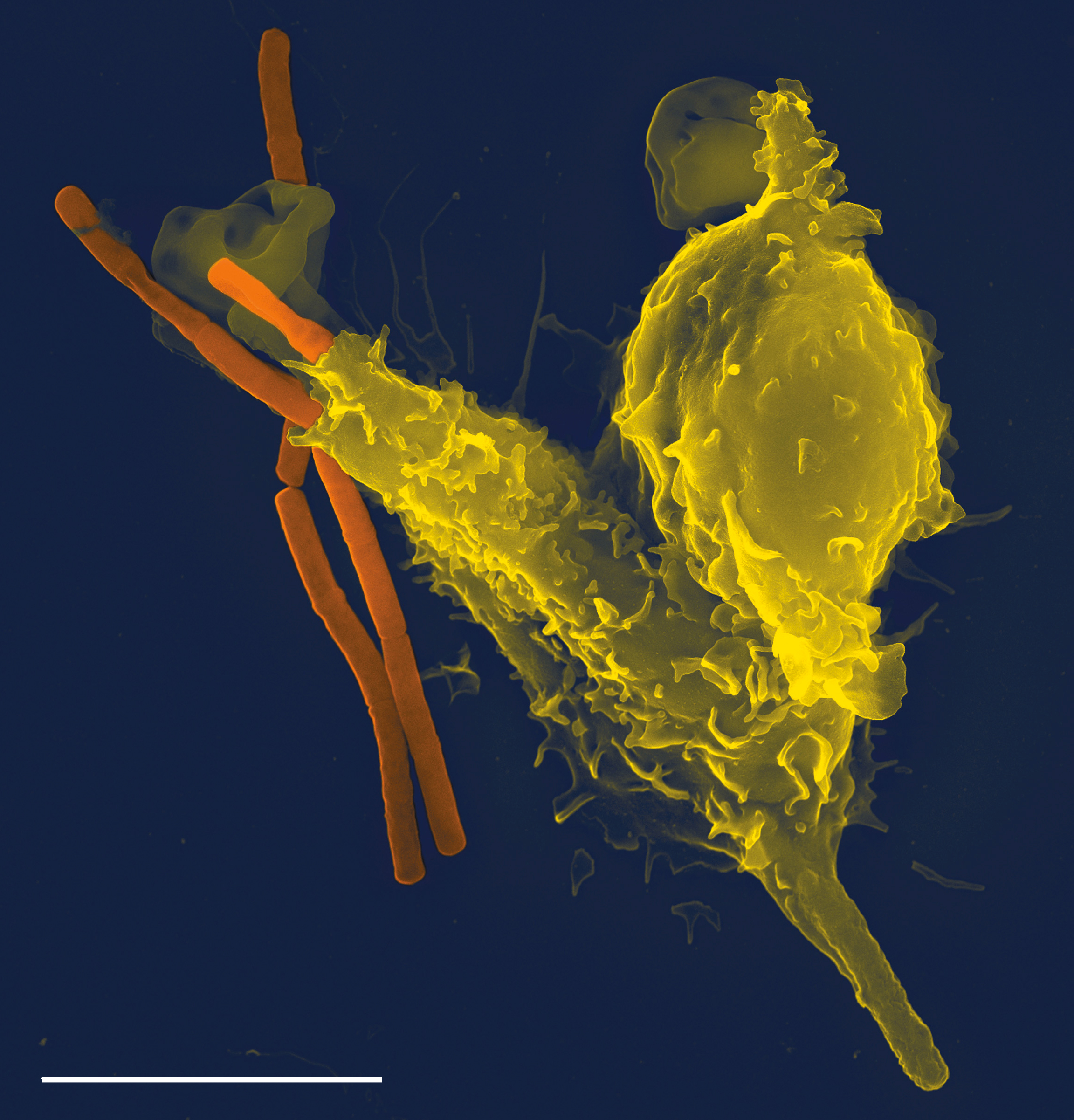|
Kidney Transplantation
Kidney transplant or renal transplant is the organ transplant of a kidney into a patient with chronic kidney disease, end-stage kidney disease (ESRD). Kidney transplant is typically classified as deceased-donor (formerly known as cadaveric) or living-donor transplantation depending on the source of the donor organ. Living-donor kidney transplants are further characterized as genetically related (living-related) or non-related (living-unrelated) transplants, depending on whether a biological relationship exists between the donor and recipient. Before receiving a kidney transplant, a person with ESRD must undergo a thorough medical evaluation to make sure that they are healthy enough to undergo transplant surgery. If they are deemed a good candidate, they can be placed on a waiting list to receive a kidney from a deceased donor. Once they are placed on the waiting list, they can receive a new kidney very quickly, or they may have to wait many years; in the United States, the average ... [...More Info...] [...Related Items...] OR: [Wikipedia] [Google] [Baidu] |
Organ Transplant
Organ transplantation is a medical procedure in which an organ (anatomy), organ is removed from one body and placed in the body of a recipient, to replace a damaged or missing organ. The donor and recipient may be at the same location, or organs may be transported from a Organ donation, donor site to another location. Organ (anatomy), Organs and/or Tissue (biology), tissues that are transplanted within the same person's body are called autografts. Transplants that are recently performed between two subjects of the same species are called allografts. Allografts can either be from a living or cadaveric source. Organs that have been successfully transplanted include the Heart transplantation, heart, Kidney transplantation, kidneys, Liver transplantation, liver, Lung transplantation, lungs, Pancreas transplantation, pancreas, Intestinal transplant, intestine, Thymus transplantation, thymus and uterus transplantation, uterus. Tissues include Bone grafting, bones, tendons (both referr ... [...More Info...] [...Related Items...] OR: [Wikipedia] [Google] [Baidu] |
Polycystic Kidney Disease
Polycystic kidney disease (PKD or PCKD, also known as polycystic kidney syndrome) is a genetic disorder in which the renal tubules become structurally abnormal, resulting in the development and growth of multiple cysts within the kidney. These cysts may begin to develop in utero, in infancy, in childhood, or in adulthood. Cysts are non-functioning tubules filled with fluid pumped into them, which range in size from microscopic to enormous, crushing adjacent normal tubules and eventually rendering them non-functional as well. PKD is caused by abnormal genes that produce a specific abnormal protein; this protein has an adverse effect on tubule development. PKD is a general term for two types, each having their own pathology and genetic cause: autosomal dominant polycystic kidney disease (ADPKD) and autosomal recessive polycystic kidney disease (ARPKD). The abnormal gene exists in all cells in the body; as a result, cysts may occur in the liver, seminal vesicles, and pancreas. T ... [...More Info...] [...Related Items...] OR: [Wikipedia] [Google] [Baidu] |
Tissue Typing
Tissue typing is a procedure in which the tissues of a prospective donor and recipient are tested for compatibility prior to transplantation. Mismatched donor and recipient tissues can lead to rejection of the tissues. There are multiple methods of tissue typing. Overview During tissue typing, an individual's human leukocyte antigens (HLA) are identified. HLA molecules are presented on the surface of cells and facilitate interactions between immune cells (such as dendritic cells and T cells) that lead to adaptive immune responses. If HLA from the donor is recognized by the recipient's immune system as different from the recipient's own HLA, an immune response against the donor tissues can be triggered. More specifically, HLA mismatches between organ donors and recipients can lead to the development of anti-HLA donor-specific antibodies (DSAs). DSAs are strongly associated with the rejection of donor tissues in the recipient, and their presence is considered an indicator of antib ... [...More Info...] [...Related Items...] OR: [Wikipedia] [Google] [Baidu] |
Oman
Oman ( ; ar, عُمَان ' ), officially the Sultanate of Oman ( ar, سلْطنةُ عُمان ), is an Arabian country located in southwestern Asia. It is situated on the southeastern coast of the Arabian Peninsula, and spans the mouth of the Persian Gulf. Oman shares land borders with Saudi Arabia, the United Arab Emirates, and Yemen, while sharing maritime borders with Iran and Pakistan. The coast is formed by the Arabian Sea on the southeast, and the Gulf of Oman on the northeast. The Madha and Musandam exclaves are surrounded by the United Arab Emirates on their land borders, with the Strait of Hormuz (which it shares with Iran) and the Gulf of Oman forming Musandam's coastal boundaries. Muscat is the nation's capital and largest city. From the 17th century, the Omani Sultanate was an empire, vying with the Portuguese and British empires for influence in the Persian Gulf and Indian Ocean. At its peak in the 19th century, Omani influence and control extended ac ... [...More Info...] [...Related Items...] OR: [Wikipedia] [Google] [Baidu] |
Michael Woodruff
Sir Michael Francis Addison Woodruff, (3 April 1911 – 10 March 2001) was an English surgeon and scientist principally remembered for his research into organ transplantation. Though born in London, Woodruff spent his youth in Australia, where he earned degrees in electrical engineering and medicine. Having completed his studies shortly after the outbreak of World War II, he joined the Australian Army Medical Corps, but was soon captured by Japanese forces and imprisoned in the Changi Prison Camp. While there, he devised an ingenious method of extracting nutrients from agricultural wastes to prevent malnutrition among his fellow POWs. At the conclusion of the war, Woodruff returned to England and began a long career as an academic surgeon, mixing clinical work and research. Woodruff principally studied transplant rejection and immunosuppression. His work in these areas of transplantation biology led Woodruff to perform the first kidney transplant in the United Kingdom, ... [...More Info...] [...Related Items...] OR: [Wikipedia] [Google] [Baidu] |
Jim Dempster
William James Dempster (15 March 1918 – 27 July 2008) was a Mozambican-born British surgeon and researcher in organ transplantation at St Mary’s Hospital, London. He published more than 100 scientific reviews and papers on kidney transplant rejection in dogs, confirming that rejection was an example of immune response, mediated by serum antibodies. Early life Dempster was born on the island of Ibo, Portuguese Mozambique, to Jessie and James Dempster, who raised cattle in Portuguese East Africa until the tsetse fly caused the business to collapse. His birth was registered on 28 April 1918 and his birth certificate was issued on 9 August of the same year. However, his real date of birth was 15 March 1918. He survived malaria in early childhood. Following his father's sudden premature death soon after August 1919, his mother took the family back to Edinburgh where Dempster then entered George Heriot's School and where he was active in rugby and cricket. He gained admission ... [...More Info...] [...Related Items...] OR: [Wikipedia] [Google] [Baidu] |
Charles Rob
Charles Granville Rob (4 May 1913 – 26 July 2001) was a British surgeon who pioneered techniques in the repair of damaged blood vessels, particularly the operation to unblock arteries of the neck, known as carotid endarterectomy and of the aorta when treating aortic aneurysms. After graduating from Cambridge University and St Thomas' Hospital Medical School, he operated throughout the Blitz and in the Tunisian Campaign, where he received the Military Cross. After the Second World War, he became the youngest chief of surgery at St. Mary's Hospital, London and he also lead the vascular surgery program at St Mary's Hospital, London where he carried out one of the world's first carotid endarterectomies and a year later performed the UK's first deceased donor human-to-human kidney transplant. His contributions paved the way for St Mary's in becoming a pioneering centre in vascular surgery and transplant surgery. In 1960, he moved to the United States and continued developing t ... [...More Info...] [...Related Items...] OR: [Wikipedia] [Google] [Baidu] |
Immune System
The immune system is a network of biological processes that protects an organism from diseases. It detects and responds to a wide variety of pathogens, from viruses to parasitic worms, as well as Tumor immunology, cancer cells and objects such as wood splinters, distinguishing them from the organism's own healthy biological tissue, tissue. Many species have two major subsystems of the immune system. The innate immune system provides a preconfigured response to broad groups of situations and stimuli. The adaptive immune system provides a tailored response to each stimulus by learning to recognize molecules it has previously encountered. Both use humoral immunity, molecules and cell-mediated immunity, cells to perform their functions. Nearly all organisms have some kind of immune system. Bacteria have a rudimentary immune system in the form of enzymes that protect against bacteriophage, virus infections. Other basic immune mechanisms evolved in ancient eukaryote, plants and animal ... [...More Info...] [...Related Items...] OR: [Wikipedia] [Google] [Baidu] |
Richard Herrick
Richard J. Herrick (June 15, 1931 – March 14, 1963) was the world's first recipient of a successful human organ transplant. Herrick was diagnosed with Kidney Disease and was given little time to live. He received a kidney from his identical twin brother Ronald in an operation performed by Joseph Murray Joseph Edward Murray (April 1, 1919 – November 26, 2012) was an American plastic surgeon who performed the first successful human kidney transplant on identical twins Richard and Ronald Herrick on December 23, 1954. Murray shared the No ..., Hartwell Harrison and Joseph Merrill in 1954. Herrick, age 23, was told of a Harvard Medical School professor experimenting with the idea of transplanting healthy organs into those whose organs had failed. On December 23, 1954 the surgery was done giving Richard one of Ronald's kidneys. After surgery he lived for 8 more years. References 1931 births 1963 deaths Kidney transplant recipients American twins {{US-bio ... [...More Info...] [...Related Items...] OR: [Wikipedia] [Google] [Baidu] |
Identical Twins
Twins are two offspring produced by the same pregnancy.MedicineNet > Definition of TwinLast Editorial Review: 19 June 2000 Twins can be either ''monozygotic'' ('identical'), meaning that they develop from one zygote, which splits and forms two embryos, or ''dizygotic'' ('non-identical' or 'fraternal'), meaning that each twin develops from a separate egg and each egg is fertilized by its own sperm cell. Since identical twins develop from one zygote, they will share the same sex, while fraternal twins may or may not. In rare cases twins can have the same mother and different fathers ( heteropaternal superfecundation). In contrast, a fetus that develops alone in the womb (the much more common case, in humans) is called a ''singleton'', and the general term for one offspring of a multiple birth is a ''multiple''. Unrelated look-alikes whose resemblance parallels that of twins are referred to as doppelgängers. Statistics The human twin birth rate in the United States rose 76% fro ... [...More Info...] [...Related Items...] OR: [Wikipedia] [Google] [Baidu] |
John P
John is a common English name and surname: * John (given name) * John (surname) John may also refer to: New Testament Works * Gospel of John, a title often shortened to John * First Epistle of John, often shortened to 1 John * Second Epistle of John, often shortened to 2 John * Third Epistle of John, often shortened to 3 John People * John the Baptist (died c. AD 30), regarded as a prophet and the forerunner of Jesus Christ * John the Apostle (lived c. AD 30), one of the twelve apostles of Jesus * John the Evangelist, assigned author of the Fourth Gospel, once identified with the Apostle * John of Patmos, also known as John the Divine or John the Revelator, the author of the Book of Revelation, once identified with the Apostle * John the Presbyter, a figure either identified with or distinguished from the Apostle, the Evangelist and John of Patmos Other people with the given name Religious figures * John, father of Andrew the Apostle and Saint Peter * ... [...More Info...] [...Related Items...] OR: [Wikipedia] [Google] [Baidu] |
Jean Hamburger
Jean Hamburger (15 July 1909 – 1 February 1992) was a French physician, surgeon and essayist. He is particularly known for his contribution to nephrology, and for having performed the first renal transplantation in France in 1952. Biography Hamburger was born to a Jewish family in Paris. Together with René Kuss, Hamburger defined the precise methods and rules for conducting renal transplantation surgery and is attributed with founding the medical discipline of nephrology. In 1952, at Necker Hospital in Paris, he performed the first successful renal transplant surgery in France, on a 16-year-old carpenter, Marius Renard who damaged his only kidney when he fell off scaffolding, using a kidney donated by the subject's mother. The organ failed, but the rejection was staved off for three weeks, a record at the time. In 1955, he created the very first artificial kidney. Hamburger is credited with major breakthroughs in renal transplants: first prolonged success in 1953, first unq ... [...More Info...] [...Related Items...] OR: [Wikipedia] [Google] [Baidu] |




